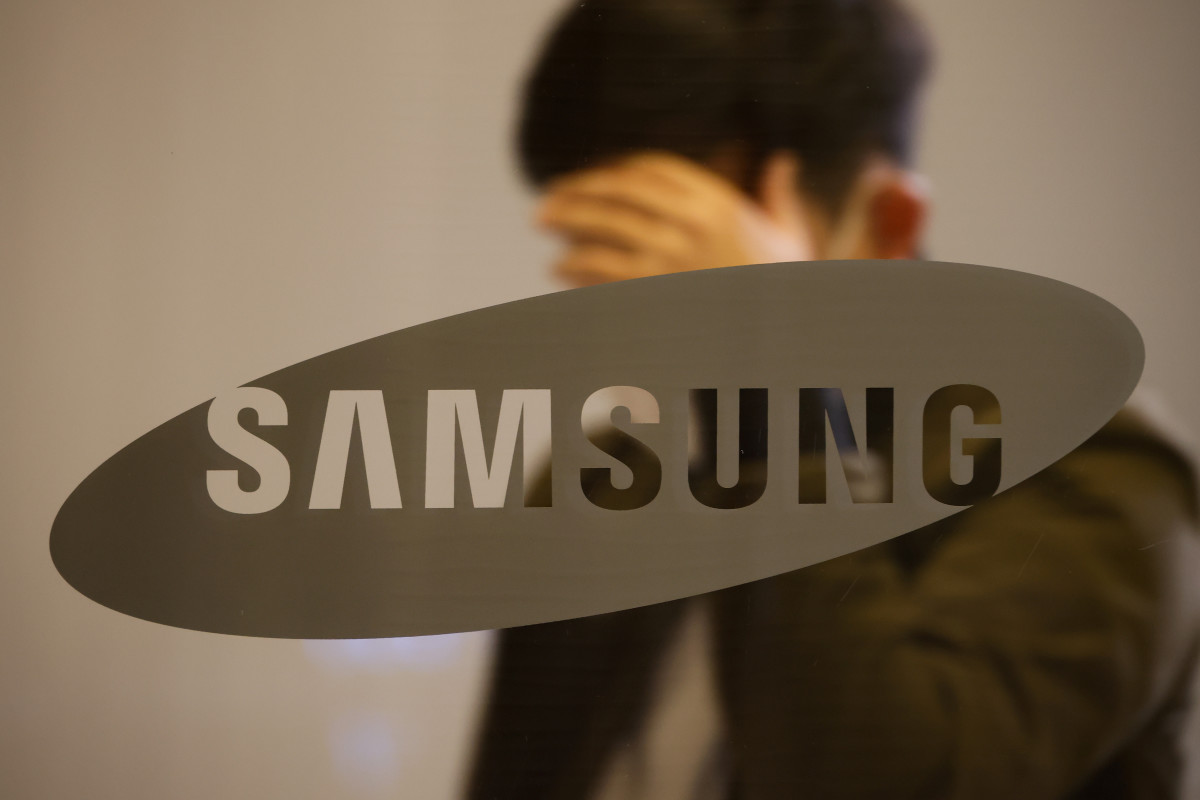Waiting in line can be a frustrating experience for many people, as it often feels like the line next to you is moving faster than yours. This impatience is rooted in our desire for quick solutions and immediate gratification when waiting in line. In today’s fast-paced world, where people are always on the go, waiting can be daunting.
Annabelle Roberts, an Associate Professor of Marketing at Texas McCombs School of Business, conducted studies to investigate the psychology of queuing. The experiments, both in the laboratory and online, revealed that people’s impatience is the main cause of frustration in queues. Participants in studies conducted by Roberts were willing to work more and even forgo payment if it meant getting the task done earlier and eliminating the anxiety of waiting.
The feeling of impatience is not limited to physical queues but also extends to situations where we are waiting for important announcements or outcomes. This was evident on Election Day in the United States, where both Joe Biden and Donald Trump supporters experienced heightened anxiety as they awaited the results. The closer we get to the end of a wait, the more anxious we become. This phenomenon was observed in a survey where respondents rated their impatience while waiting for a vaccine or public transportation. The anxiety associated with waiting can be overwhelming, even causing discomfort for those who are not certain about the outcome.
Roberts suggests that marketers and employers can help reduce this anxiety by managing expectations around wait times and providing reassurance in uncertain situations. By understanding the psychology of queuing and impatience, businesses can better cater to their customers’ needs and reduce the anxiety associated with waiting. Roberts’s studies offer valuable insights for managers looking to motivate their teams and create a more positive customer experience.
In conclusion, patience is becoming increasingly rare in today’s fast-paced world. By understanding why we get frustrated when we have to wait, businesses can take steps to manage expectations and provide reassurance during uncertain times. This will ultimately lead to happier customers who are more likely to return for future purchases or services.



